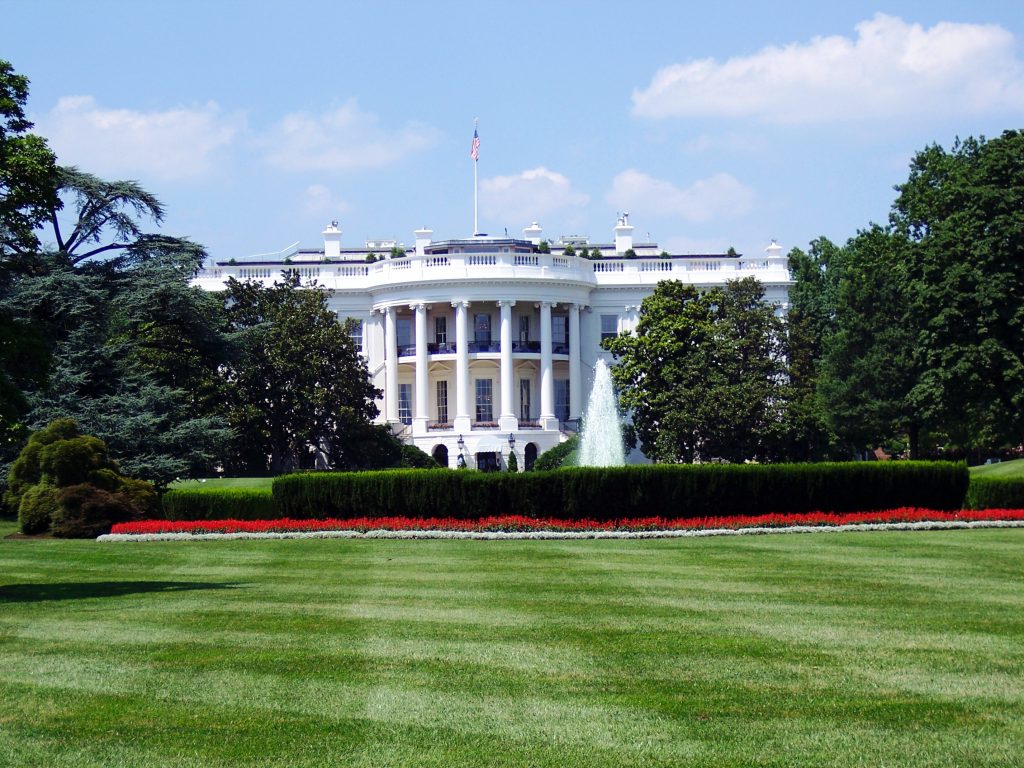
What Will Be the Biden Administration’s Faith-based Initiative?
For more than two decades, every presidential administration, Democratic as well as Republican, has taken deliberate action to invite faith-based organizations to join secular organizations in partnering with the federal government in programs of service to their communities. This faith-based or partnership initiative started with significant steps during the Bill Clinton administration, even before President George W. Bush created in 2001 the White House Office of Faith-Based and Community Initiatives and associated Centers in major federal departments. President Obama renamed these the Office and Centers for Faith-Based and Neighborhood Partnerships. President Trump created a White House Advisor for Faith and Opportunity Initiatives and renamed the Centers accordingly.
What will be the name, and more importantly, the task, vision, and approach of President Biden’s initiative? The transition team has not announced plans, although it is widely expected that Josh Dickson, an evangelical who directed the Biden campaign’s religious outreach effort and served as the director of the Department of Commerce’s partnership office under President Obama, will lead a Biden White House partnership office.
Joe Biden is a Catholic familiar with the wide variety of Catholic social, health, and educational institutions, as well as with Catholic congregations. As candidate and President-elect, he often has spoken of the imperative of respect for all in our diverse nation and of his commitment to drawing our divided nation back together.
The faith-based or partnership initiative is both a symbol of and means toward unity in diversity. Religious social service agencies of every kind and religion, faith-based hospitals and health clinics, and religious educational institutions, from pre-K through graduate school, are all around us. They are fundamental to the well-being of their neighbors. They are essential avenues of religious expression and faith-based service for America’s many different religious communities.
These organizations need the legal freedom to be true to their animating convictions as they contribute their distinctive gifts to the common good. They need laws and regulations that protect their religious character even as the rights of others are protected. They need the level playing field to be maintained so that they can, if they choose, partner with government. They should be able freely to compete for funding without new restrictions that undermine their religious identity. They should continue to be welcomed into the many coordinating councils that draw together private and public efforts to address homelessness, to prepare for natural disasters, to better serve children and the elderly, and more.
The Biden campaign promised a major new effort to better protect America’s diverse houses of worship from attackers, but neither the campaign nor the transition team has announced plans for the faith-based initiative. E.J. Dionne (Washington Post columnist) and Melissa Rogers (second-term director of President Obama’s White House faith-based office), published last October, before the election, advice for the next administration on the initiative and other church-state issues. Both are close to the incoming team although they do not speak for the new administration. They advocated a higher-profile, more energetic initiative than President Trump created, and recruitment across the administration of officials familiar with church-state issues. As they emphasize, even as the United States becomes more religiously diverse and also more secular, both religious belief and religious organizations continue to play strong roles in society.
The Biden faith-based initiative will face three important and difficult issues. First: More and more Americans are “nones” (not affiliated with any particular religion) or secular-minded, and these groups are especially prominent among Democrats. How will the Biden faith-based initiative respond to these trends even as it deals with the diversity of historic religious communities?
Second: As the administration drives to advance LGBT rights, will it proceed in a way that does not exclude from partnerships and marginalize in society the many organizations and people committed to morally conservative sexual ethics? Candidate Biden said he would press for adoption of the Equality Act, but the Act, if not significantly amended, will be very detrimental to many faith-based organizations. The administration, instead, should embrace the alternative Fairness for All Act, which provides specific ways to protect both LGBT and religious rights.
Third: The Biden campaign promised expanded federal support for child care, preK education, elder care, and many other services. What will be the consequences for the faith-based organizations that are among the key providers of such services? Consider, for example, the proposed development of a federal program to offer high school graduates free tuition at community colleges, a means to spread economic opportunity. Religious colleges (and also other private colleges), unable to match two free years of education, will become even more financially stressed than they are now. Students and their families, even if they highly value faith-based education, may not find it possible to pass up the free classes. Similarly, expanded federal payments to help low-income families pay for day care will marginalize faith-based day care providers if it is administered in the form of grants to the centers (because of the secularizing rules of the grants) instead of vouchers to the parents (allowing them to choose day care with a religious character).
Joe Biden, honorably, is unashamed to reveal to the public his Catholic upbringing and his Catholic practices. A person of faith, familiar with the organizations of faith, is in a good position to design and energize a fruitful federal faith-based or partnership initiative. But the fruitfulness of the initiative is a matter not of intentions and inspiration but of policy and practice that safeguards the distinctive identities and ways of operating and serving of the faith-based and community-based organizations so vital to our lives.
